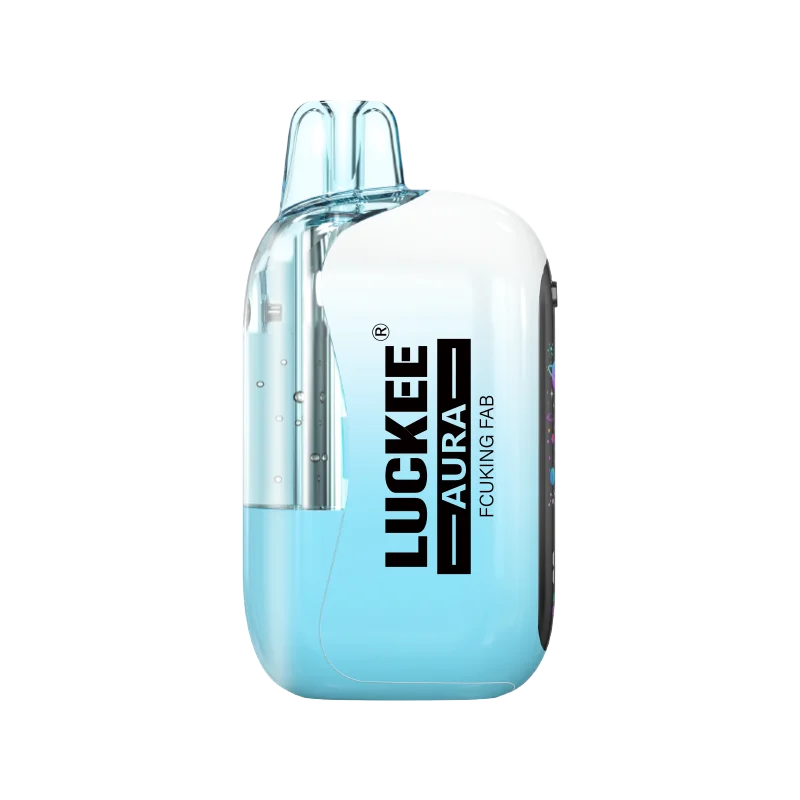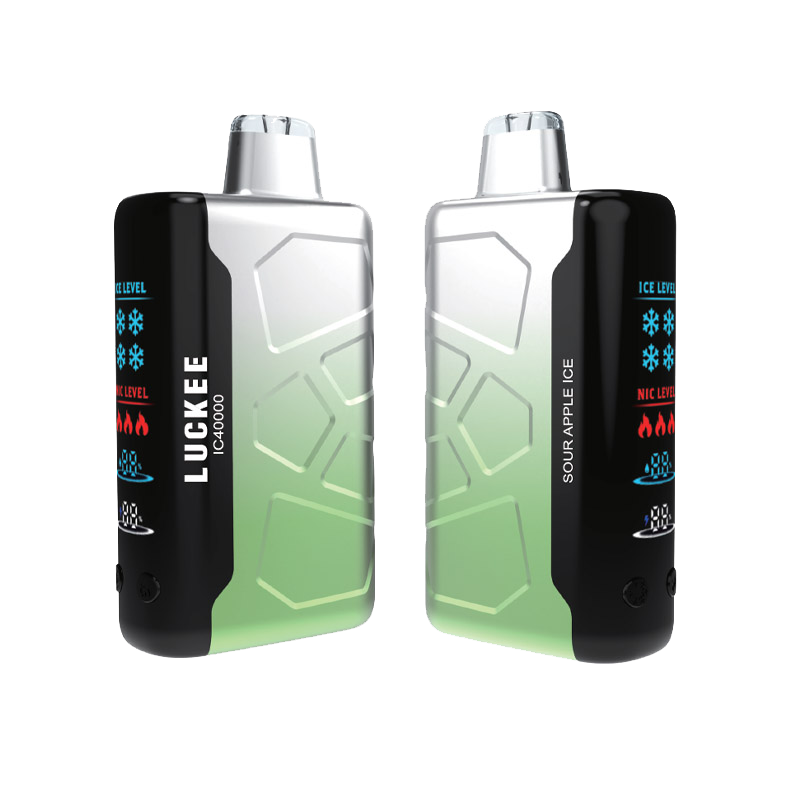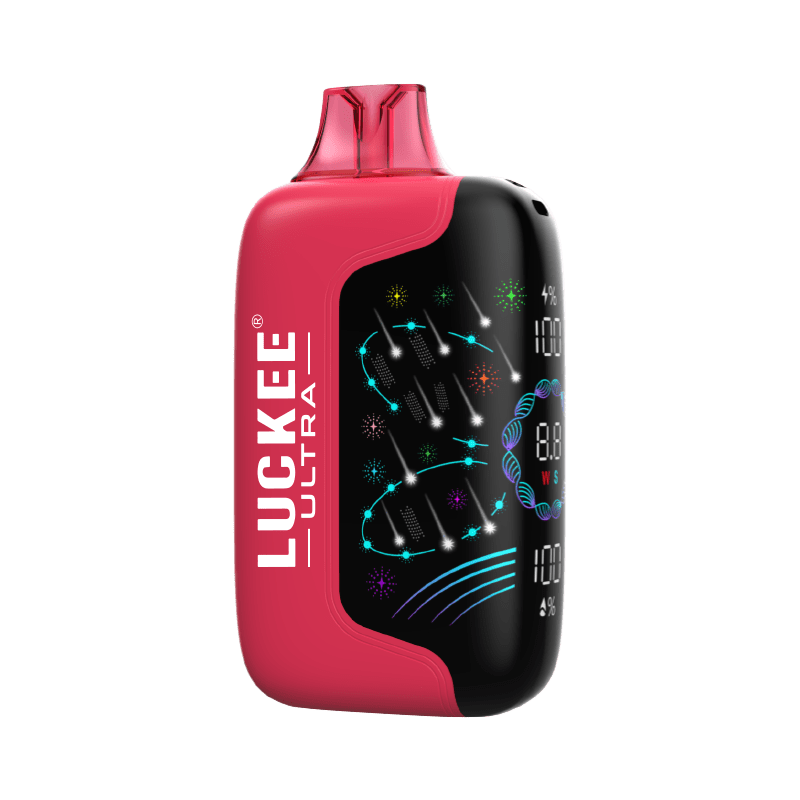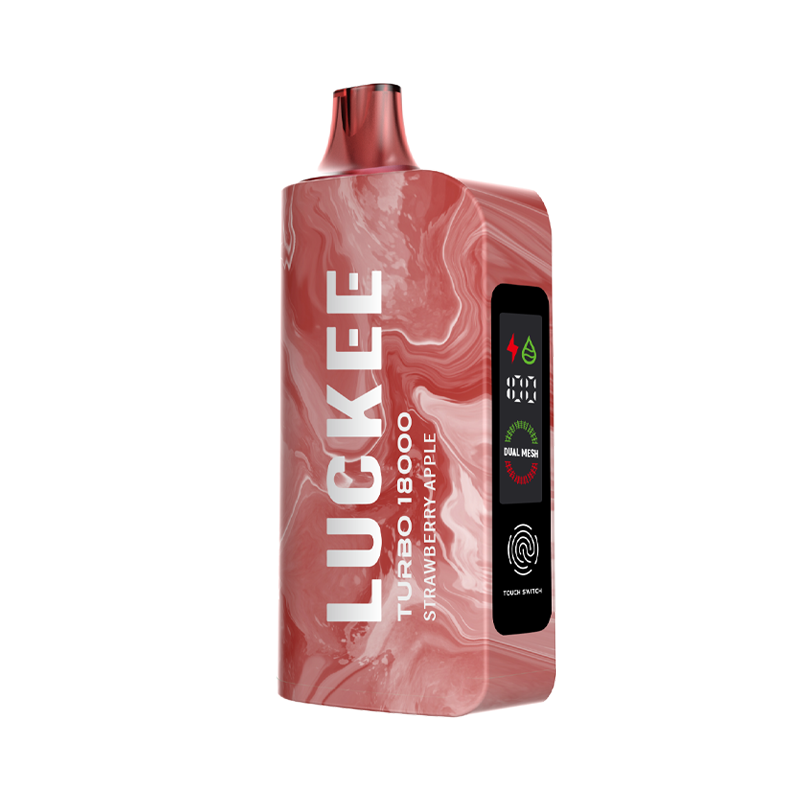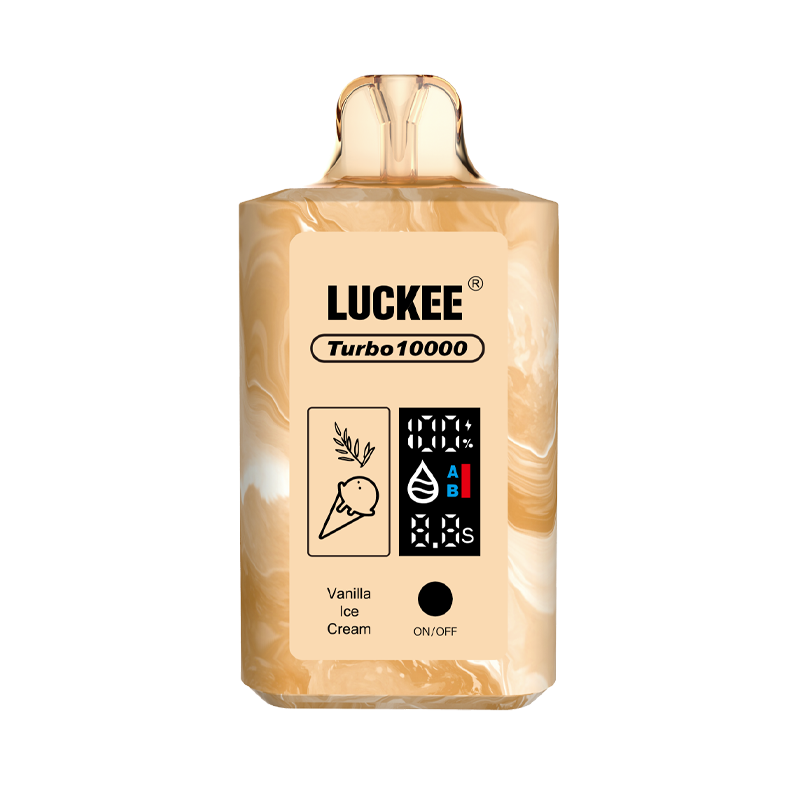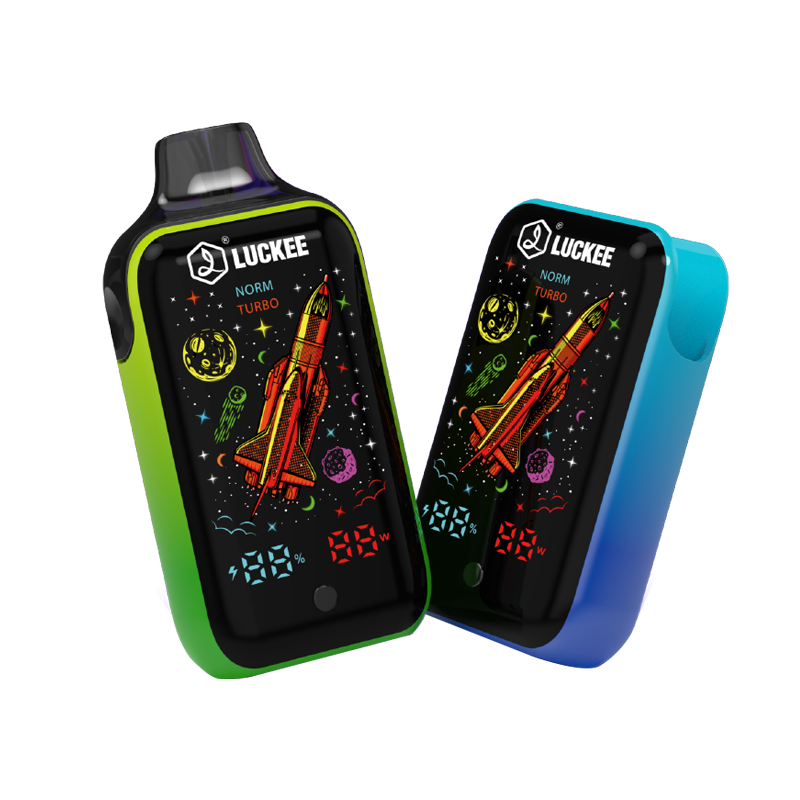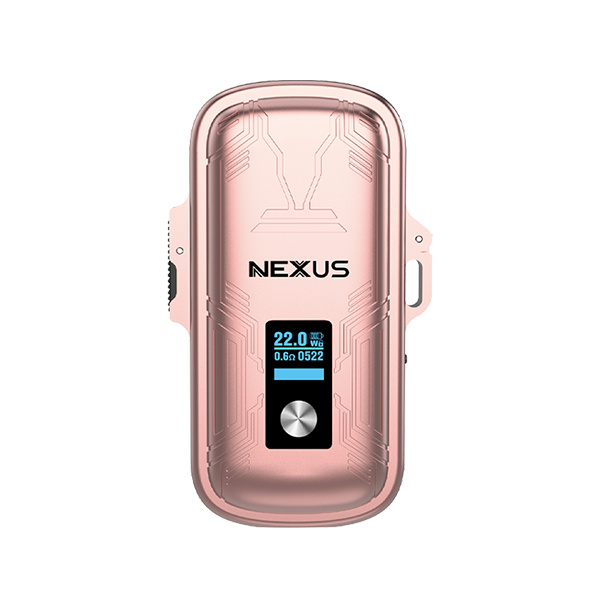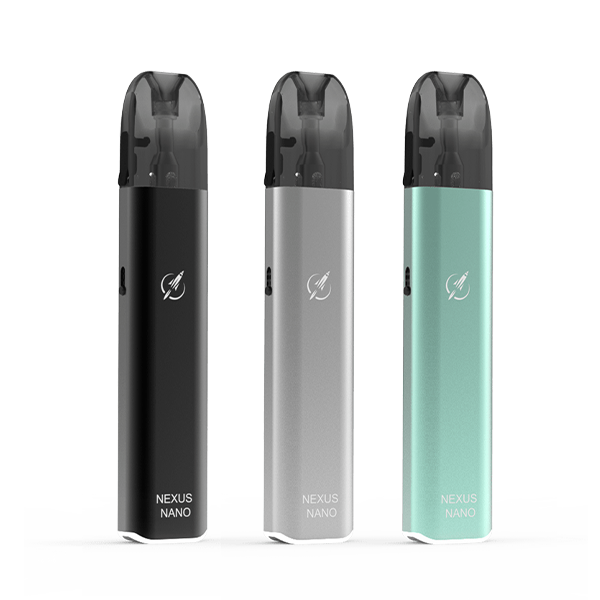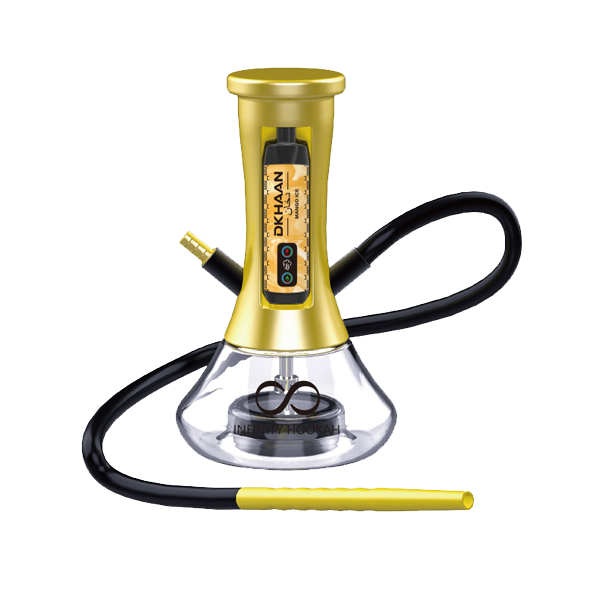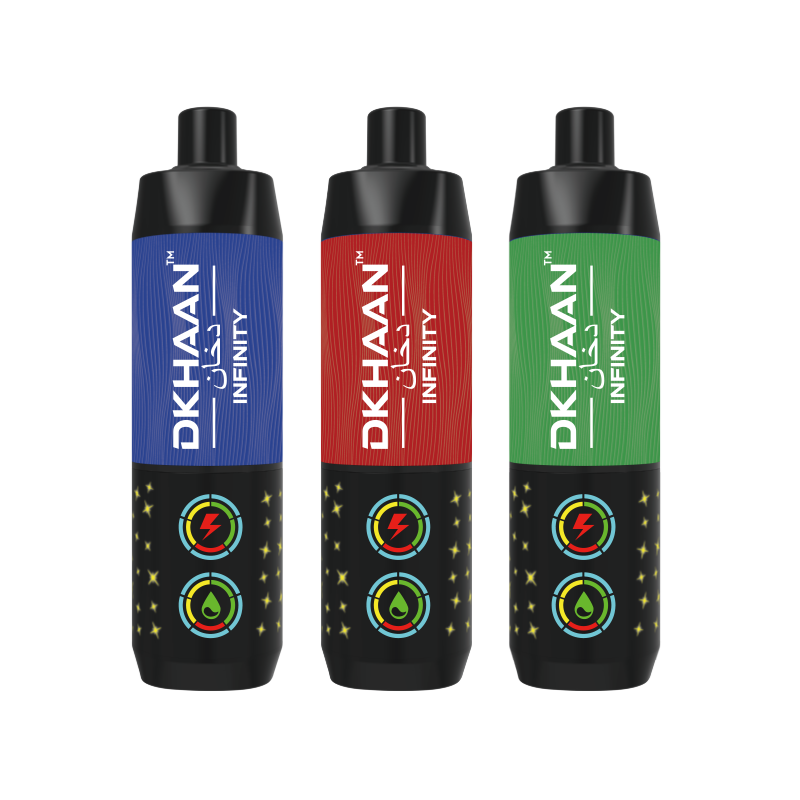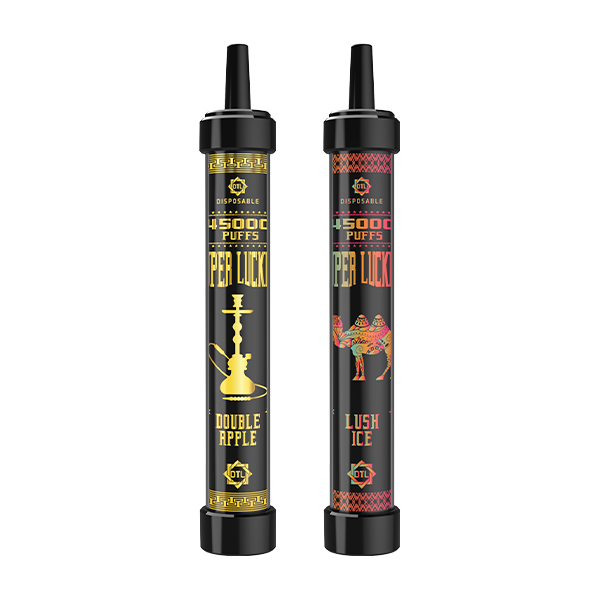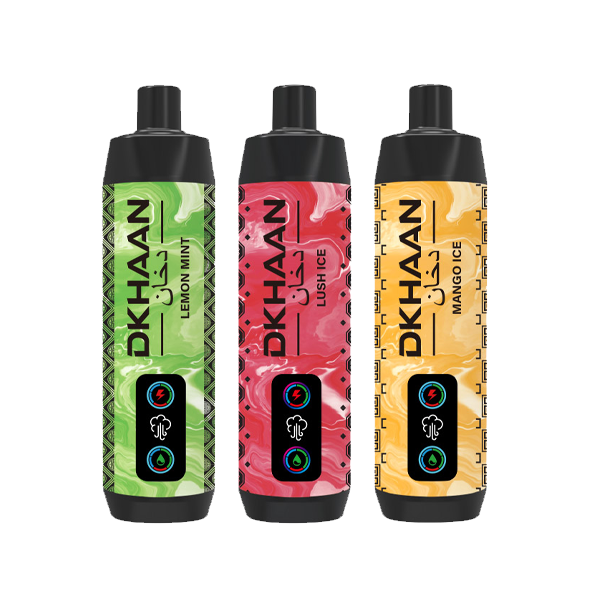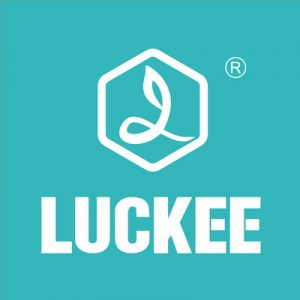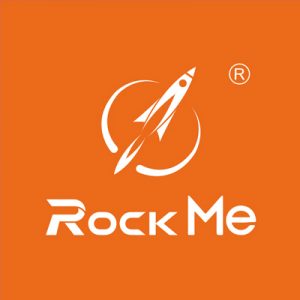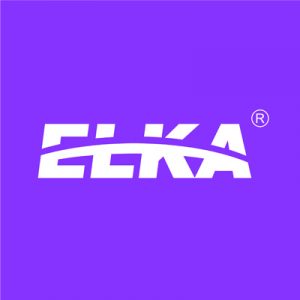New York, a fast-paced global metropolis, has taken a prominent role in shaping the national discourse on vaping regulation. As e-cigarettes and related devices have surged in popularity, the Empire State has implemented a comprehensive framework of laws designed to address rising public health concerns—particularly around youth nicotine use and product safety.
For residents and businesses alike, staying informed about New York’s vaping laws is essential. These regulations cover everything from legal purchasing age to permitted usage zones and product restrictions.
So, where do things currently stand? Vaping is legal for individuals aged 21 and older, but it’s subject to strict rules and oversight. In this guide, we’ll break down the current laws and explore what they mean for vapers, retailers, and manufacturers operating within the state.
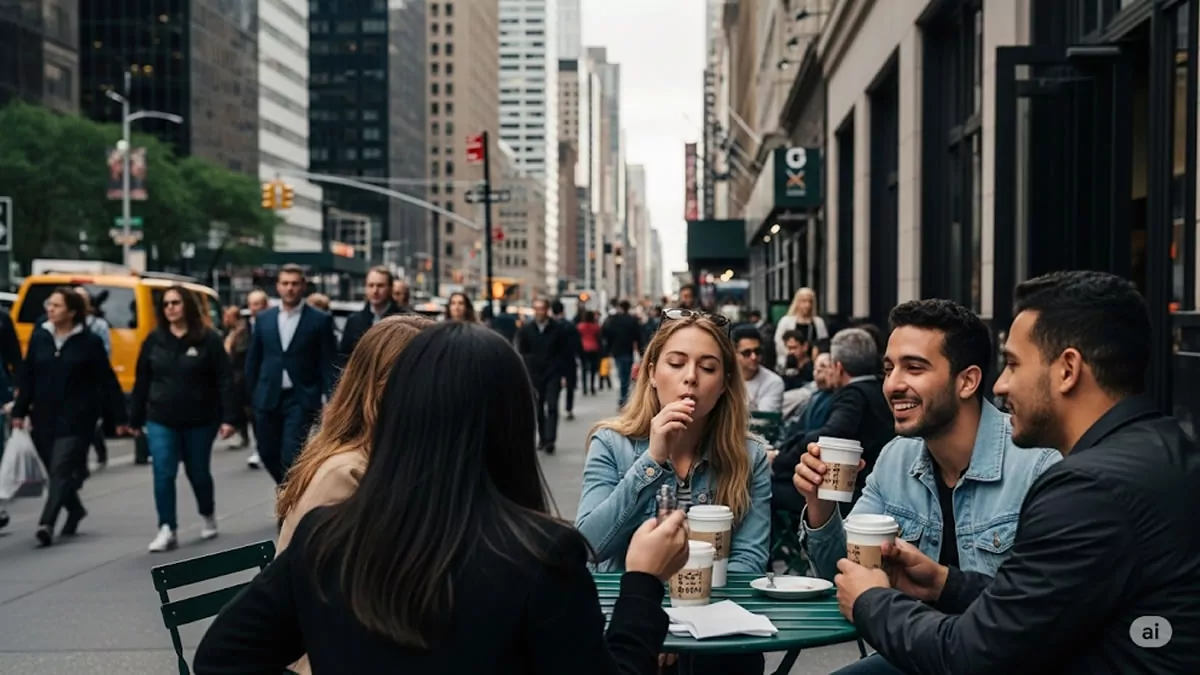
The Legal Foundation in Vaping Laws in New York
New York’s vaping regulations are primarily found in its Public Health Law and Tax Law, which have been updated to specifically cover e-cigarettes and vapor products.
- E-cigarette or Electronic Cigarette: Defined as any electronic device delivering inhalable vapor, including components and refills, as per N.Y. Pub. Health Law § 1399-aa(13).
- Vapor Product: Any noncombustible liquid or gel, with or without nicotine, made for use in an e-cigarette, as per N.Y. Tax Law § 1180(a).
- Liquid Nicotine (or E-Liquid): A liquid with nicotine and other chemicals, sold for e-cigarette use.
These definitions ensure that a wide array of vaping devices and consumables are subject to state control.ent violations, plus potential suspension or revocation of their tobacco/vapor products dealer registration.
The Flavor Ban in New York
A central piece of New York’s vaping legislation is the ban on the sale of flavored nicotine vapor products, effective since 2020. The prohibition, under N.Y. Pub. Health Law § 1399-mm-1, covers all flavored vapor products containing nicotine with a characterizing flavor other than tobacco. This includes fruit, candy, mint, menthol, and wintergreen flavors.
Exceptions to the Flavor Ban:
Exceptions to the Flavor Ban:
- Sales of tobacco-flavored nicotine vapor products are permitted.
- An exception exists for flavored e-cigarettes that have received Premarket Tobacco Product Authorization (PMTA) from the FDA. However, only few flavored products have received FDA authorization, limiting this exception’s market impact.
It’s important to note that New York City enforces an even stricter local ban, which also prohibits menthol-flavored products, allowing only tobacco flavors. Despite these bans, illicit sales of flavored products remain a challenge, prompting calls for stronger enforcement.
Where Vaping is Prohibited in New York
New York includes e-cigarettes in its Clean Indoor Air Act (CIAA). This means vaping is banned in nearly all indoor public places and workplaces where smoking is also prohibited.
Specific prohibited locations include:
- All places of employment.
- Bars and restaurants (with limited outdoor exceptions).
- Public transportation and terminals.
- Schools (K-12 and colleges/universities) and on school grounds (including within 100 feet of entrances/exits).
- Hospitals and healthcare facilities (including within 15 feet of entrances).
- Most public parks and playgrounds.
Vaping is generally allowed in private homes and vehicles (unless used for specific commercial purposes) and in designated hotel rooms. Retail tobacco businesses and e-cigarette stores may also permit on-site vaping.
Age Restrictions and Sales Regulations in New York
New York enforces strict regulations on the sale and distribution of vaping products, with a strong emphasis on preventing youth access to nicotine.
Minimum Legal Age: 21 and Over
To purchase or possess any tobacco or vapor product in New York, individuals must be at least 21 years old. Retailers are legally required to verify age using a valid government-issued photo ID for any customer who appears to be under 25. Selling to underage individuals may result in fines of up to $2,500, and in some cases, revocation of the retailer’s license.
Retailer Licensing Requirements
All businesses that sell vapor products must register with the New York State Department of Taxation and Finance as a vapor products dealer. A separate Certificate of Registration is required for each retail location or vending machine, with a nonrefundable $300 fee per certificate. Registration must be renewed annually. As of 2023, there were 16,759 licensed retailers of tobacco and vapor products across the state.
Sales and Distribution Limitations
No Self-Service Displays: Vapor products must not be openly accessible to customers, except in tobacco-only stores or venues restricted to individuals aged 21 and older.
Vending Machine Sales: Permitted only in bars, private clubs, or tobacco specialty shops, with safeguards to prevent underage access.
Pharmacy Restrictions: Pharmacies are prohibited from selling any tobacco or nicotine product unless it is FDA-approved as a smoking cessation aid.
Online and Delivery Bans: Direct-to-consumer online sales of e-liquids are effectively prohibited. Shipping carriers are not allowed to knowingly deliver vapor products directly to consumers.
Taxation, Packaging, and Marketing Controls
The 20% Vapor Products Tax
New York imposes a 20% supplemental sales tax on the retail price of all vapor products. This tax, under N.Y. Tax Law § 1181, applies regardless of nicotine content and is collected in addition to standard sales taxes. It aims to deter use by increasing cost.
Packaging and Labeling Requirements
- Child-Resistant Packaging: Liquid nicotine products must be sold in child-resistant bottles, per N.Y. Gen. Bus. Law § 399-gg(1).
- Ingredient Disclosure: Manufacturers must publish detailed product information, including ingredients and potential health effects, under N.Y. Pub. Health Law Article 17.
Strict Advertising and Marketing Limits
New York has strong rules on vape marketing to prevent youth exposure:
- Ads for e-cigarettes are banned in storefronts and exterior windows within 1,500 feet of schools (500 feet in NYC).
- Coupons for tobacco products (including vapes) are banned.
- Rules effective in 2024 prohibit brand names/logos on promotional items other than the e-cigarette itself and ban brand sponsorship of events.
- Proposed legislation (e.g., Senate Bill S7882) aims to ban vapes resembling school supplies or toys.
Enforcement and Penalties
New York enforces its vaping laws with substantial penalties. Violations of public health law can lead to fines up to $1,500 for a first offense and $2,500 for subsequent ones. Illegal sale of flavored vapes can result in fines up to $100 per package. Recent aggressive enforcement includes a $285,700 penalty against G Smoke in Herkimer County and lawsuits by NYC against major distributors.
Conclusion
New York’s vaping laws reflect a determined effort to protect public health, especially youth. The 21+ age limit, the broad flavor ban, significant taxation, retailer registration, and extensive public use prohibitions create a tightly controlled market. While enforcement challenges with illicit products persist, ongoing legislative efforts and legal actions show the state’s commitment to strengthening these measures. For all involved with vaping in New York, understanding and complying with these evolving laws is essential.
Read more:
References
- NYSenate.gov – Bill S902 (2025 Session – Vapor Product Regulation)
- NY Department of Taxation and Finance – Vapor Product Tax
- Advocacy Network of NY – Letter on Flavored Vape Enforcement & Tax (PDF – Example of advocacy)
- NYSDOH – Clean Indoor Air Act (CIAA)
- NYSDOH Press Release – E-Cigarettes Banned Wherever Smoking is Prohibited (Nov 2017)

